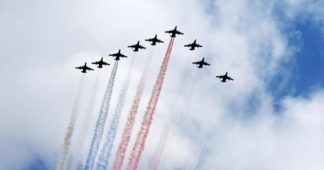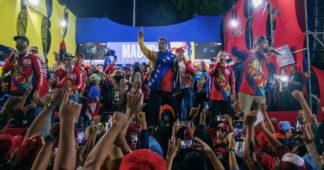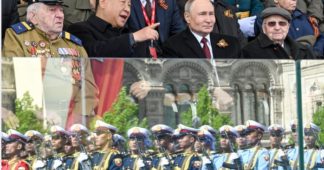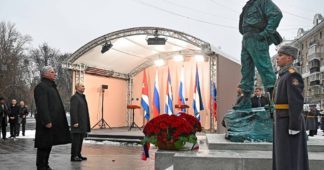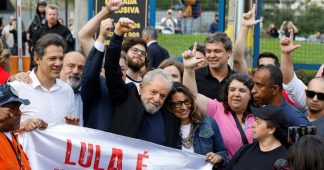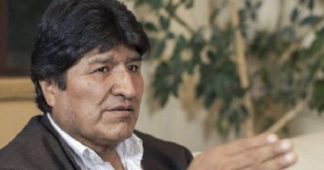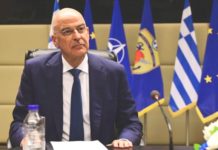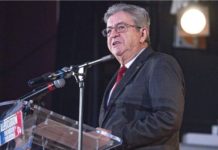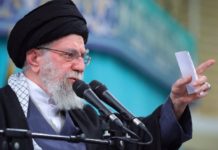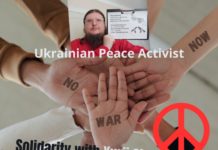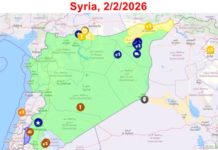by Pablo Meriguet
May 09, 2025
Latin American leaders from Cuba, Venezuela, and Brazil have traveled to Moscow for the 80th anniversary of the Victory against the fascist axis powers and for several high-level meetings.
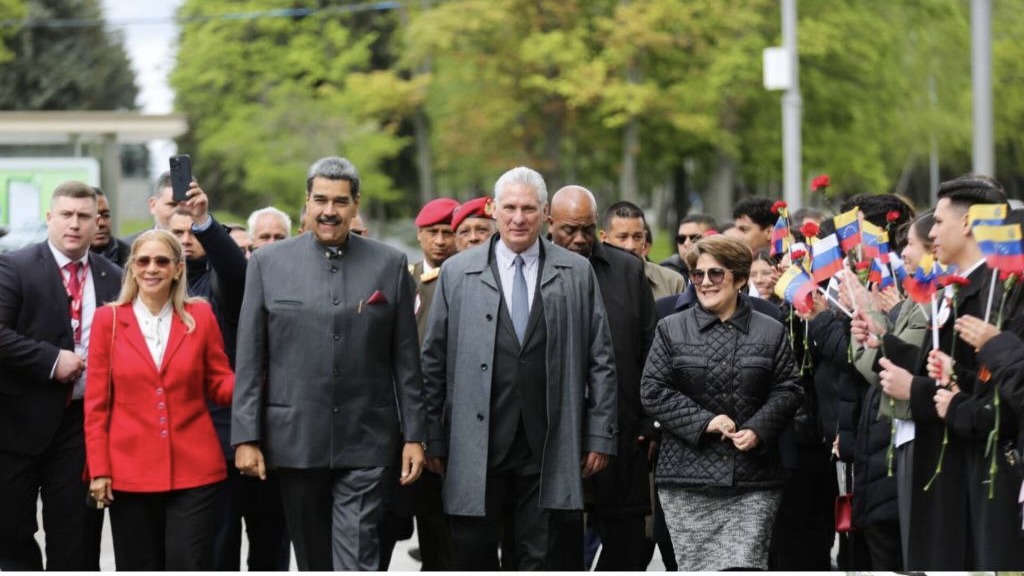
Venezuelan President Nicolás Maduro and Cuban President Miguel Díaz-Canel visiting a monument of Simon Bolívar. Photo: Presidencia VZ
80 years ago, the Red Army of the Union of Soviet Socialist Republics took the last military redoubts of the Third Reich army in Berlin. Finally, the bloodiest front of the Second World War ended with a mountain of more than 30 million dead.
The Red Army was the army that shouldered the highest death toll during the conflict, which in any other conflict would have meant that it was a defeated army. But in this case, the number shows an unrestricted will of victory especially as it was the army that inflicted the most casualties to the Axis-allied countries (Germany, Italy, and Japan) and advanced most kilometers over the enemy territories. But the sacrifice of the Red Army cannot be understood without the sacrifice of the entire USSR: more than 25 million dead and thousands of villages devastated by the actions of the Nazis.
Latin America in World War II
In Latin America, World War II did not go unnoticed. Despite being outside its borders, in all countries there were varying magnitudes of ideological disputes over which side was “on the right side of history”. Anti-fascist fronts were founded in several countries, which promoted political debate about a possible Nazi-fascist future. To this must be added the enormous pressure exerted by the United States to align the region’s countries against their enemies. Thus, Mexico and Brazil declared war on the Axis in 1942. Colombia did so in 1943 when German U-boats sank Colombian ships. Most of the rest of the countries declared war in 1945, when the conflict was about to end.
Nevertheless, it was still well understood that World War II was a war for the political and economic future of humanity. Perhaps that is why, to this day, the victory over the Axis draws significant attention from a region that sees in that history a past that shook all historical foundations.
Three Latin American Presidents to attend the Victory Parade
In this sense, in the USSR and now in Russia it is a tradition to celebrate the victory over the Nazis with an impressive parade. Three Latin American leaders traveled to Moscow to attend the celebration: Cuban President Miguel Díaz-Canel, Venezuelan President Nicolás Maduro, and Brazilian President Luiz Inácio Lula da Silva.
However, the attendance of the leaders of the three countries also expresses a sort of diplomatic rapprochement in the midst of an increasingly complex geopolitics. Vladimir Putin and Nicolás Maduro signed a 10-year strategic partnership agreement. One of the most important aspects of the agreement has to do with the creation of an independent financial infrastructure between the two countries for commercial transactions. In this way, both countries seek to create commercial and financial channels in the face of sanctions from Western countries.
Putin also met with Díaz-Canel in the Kremlin. Both countries have maintained diplomatic relations despite historical adversities. The Cuban leader said that currently, “There are increasing attempts to diminish the leading and heroic role of the Soviet Union and the Red Army, of the Russian people, in relation to the victory over fascism, which was not only a victory to preserve the integrity of the Russian nation, but also a victory against fascism for all of humanity. I believe that the Russian people deserve credit for saving humanity from fascism, and now there is an attempt to rewrite history, to deny that. We are witnessing new manifestations of fascism worldwide, and I believe that it is very important to strive to tell the true story and to remember that historical memory.”
In addition to the homage paid by the presidents of Cuba and Venezuela to the Soviet monuments commemorating the sacrifice of the Soviet people, the presidents took the opportunity to leave a wreath at the monument of Simon Bolívar in Moscow.
On the other hand, Putin will take advantage of the occasion to hold a meeting with his Brazilian counterpart and BRICS leader, Lula da Silva, on May 9. While some have interpreted Lula’s trip as a show of support for the Russian government amid its conflict with Ukraine, it is important to keep in mind that Lula has on multiple occasions tried to position himself as a possible mediator between the two nations.
As part of the 80th anniversary celebration of the defeat of the Nazi army, Russia seeks to demonstrate that, despite the efforts of the West, it is not an isolated nation, and, as such, it will promote the creation of a multipolar world in which countries, largely of the Global South, will find alternative mechanisms for trade and production. Several Latin American countries are interested in this geopolitical project in the face of the imposition of the West, which does not seem to be diminishing, but rather radicalizing in an increasingly polarized panorama.
We remind our readers that publication of articles on our site does not mean that we agree with what is written. Our policy is to publish anything which we consider of interest, so as to assist our readers in forming their opinions. Sometimes we even publish articles with which we totally disagree, since we believe it is important for our readers to be informed on as wide a spectrum of views as possible.
